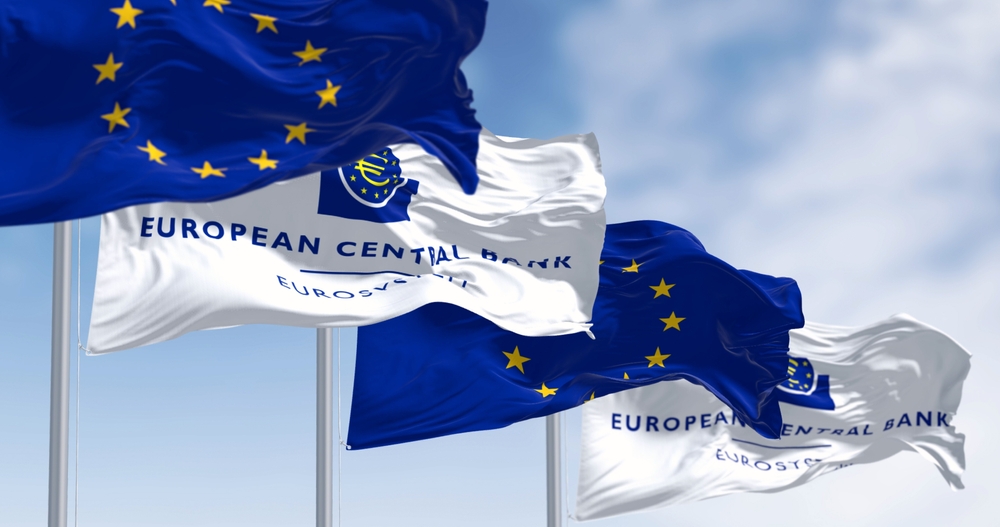The European Union is set to open accession negotiations with Ukraine and Moldova next week
Others are reading now
The European Union is set to open accession negotiations with Ukraine and Moldova next week, marking a significant step in their path toward potential membership.
This comes just two years after both countries attained candidate status for EU accession according to Ziare. Belgium, currently holding the EU presidency, aims to initiate these talks in June before handing over to Hungary on July 1st.
While Hungary has signaled a focus on Western Balkan accession during its presidency, it will not hinder ongoing negotiations with Ukraine and Moldova.
Challenges and Prospects for EU Accession
While the start of negotiations is a milestone, EU accession for Ukraine and Moldova remains a complex and lengthy process. It requires fulfilling stringent political, economic, and institutional criteria set by the EU, including robust democratic institutions, a market economy, and the ability to compete within the EU framework.
Also read
Both countries must also demonstrate effective implementation of EU laws and regulations, alongside addressing internal challenges such as corruption and oligarchic influence.
Historical Context and Future Expansion
The EU’s enlargement process, which began with the formation of the European Economic Community in 1957, has seen several waves of expansion, culminating in its current 27 member states post-Brexit.
From its early economic focus, the EU has evolved through seven expansions, welcoming diverse nations from Northern Europe to the Balkans.
As it prepares for further enlargement, the EU faces the challenge of adapting its institutional framework to accommodate the increasing diversity of its membership while maintaining its ability to act decisively on the global stage.


